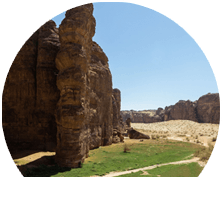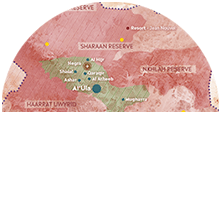BACK TO HOMEPAGE
0

0

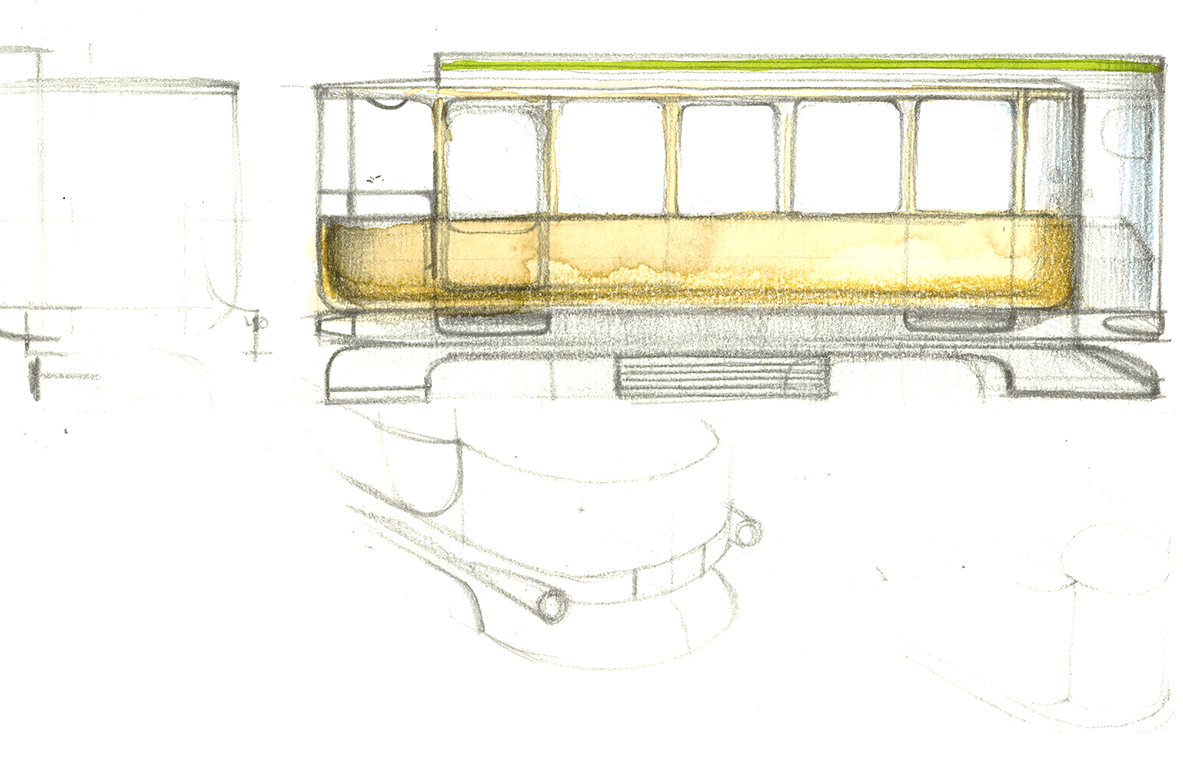

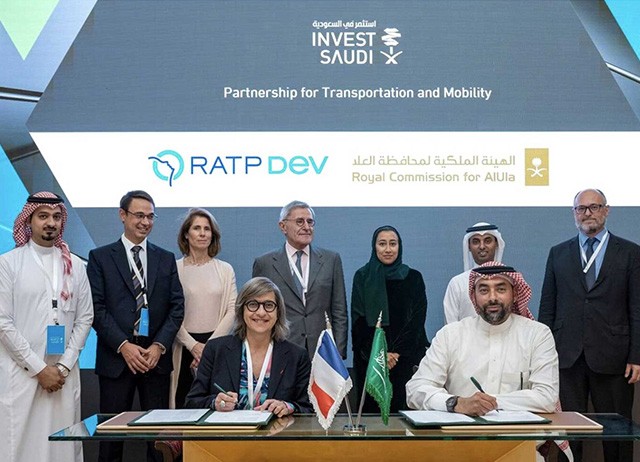


















BACK TO HOMEPAGE
TOP
NEXT

- Share -



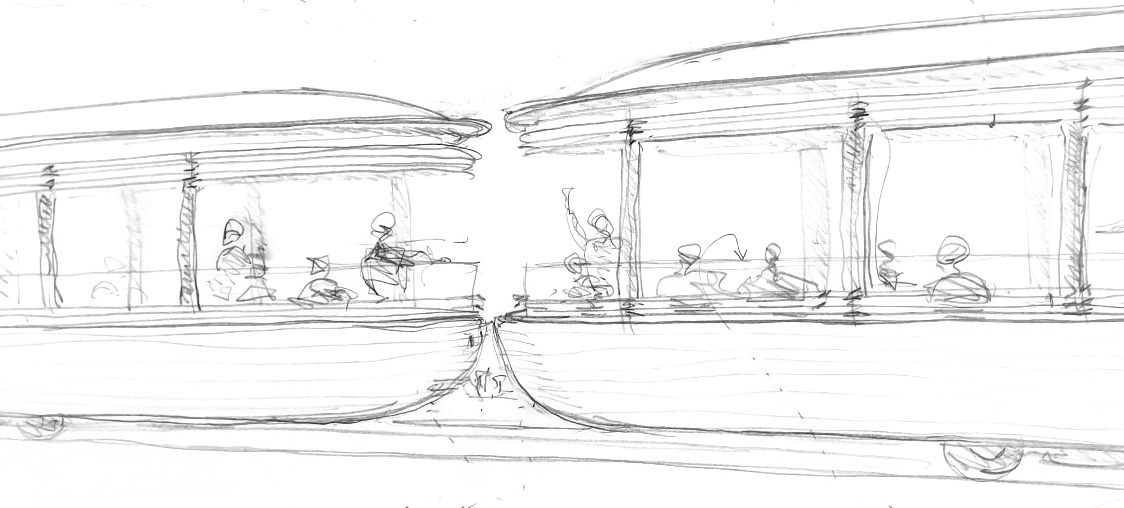
Étienne Tricaud:
AFALULA was approached from the outset by the RCU to imagine what an “experience tram” could be in AlUla.
Over a few months, working with the consultant Railconcept, a route, the design of the rolling stock,
and the mobility service was defined. Subsequently,
the agency and its tram project manager, Najate Abouali, developed the program with decisive contributions by Patrick Jouin on the rolling stock, and co-piloting with RCU from SYSTRA engineering on the infrastructure. Patrick Jouin was able, through his considerable talent and experience, to transform the preliminary drawings into a practical project with an innovative, refined, yet also bold design.



WHAT WAS
THE ROLE OF
THE AGENCY
IN THE PROGRESS OF THE PROJECT?
WHAT WAS THE ROLE OF THE AGENCY IN THE PROGRESS
OF THE PROJECT?
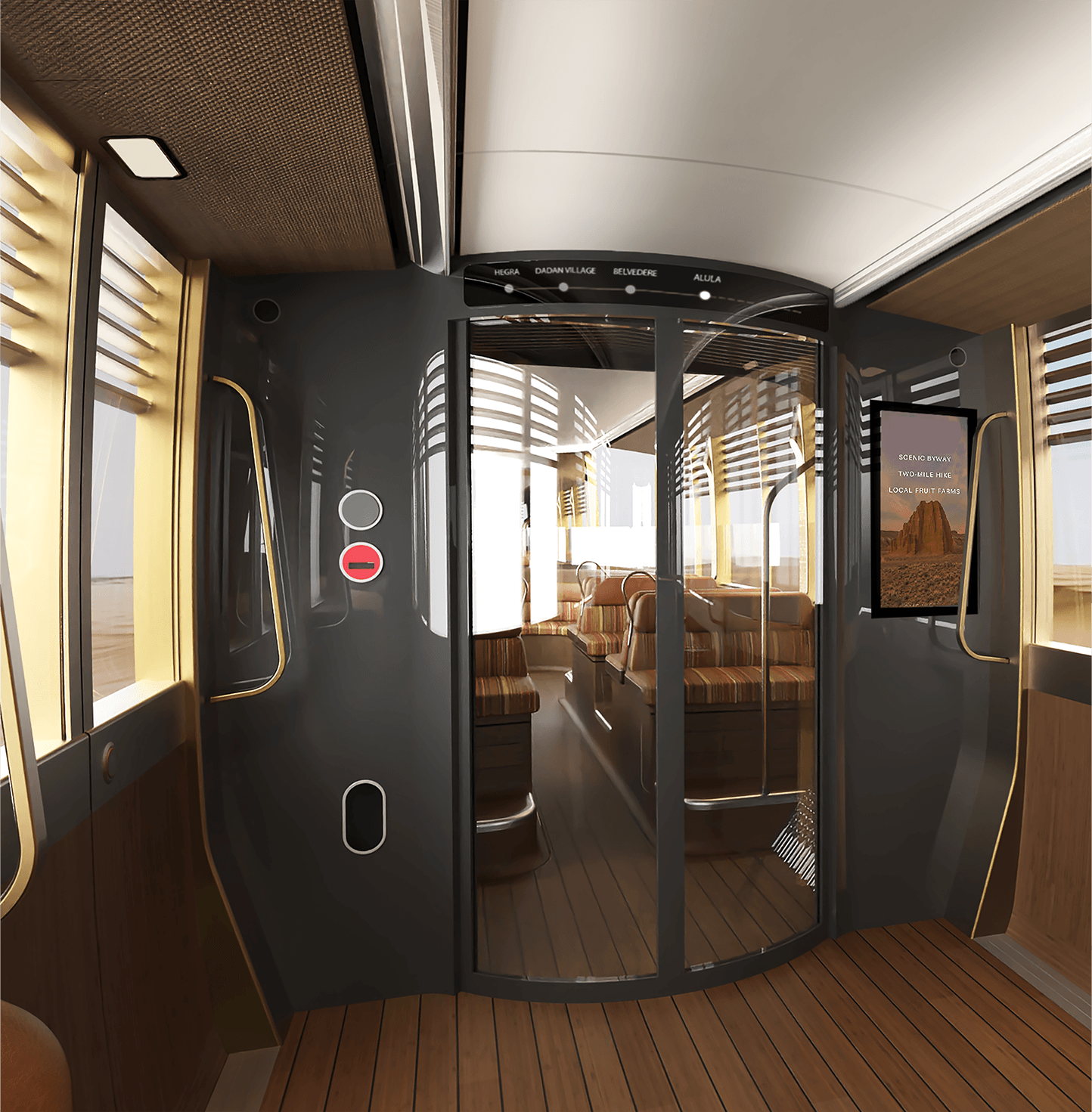

Patrick Jouin:
The question of specific sounds remains to be studied. However it is expected that sources will be used that are inspired by local culture, its music and its soundscapes,
and also from the world of the oasis, from the wind
in the foliage to the singing of birds. Sounds will also need
to be clearly understandable for both local and international visitors, when it comes to warning signals for example.
Étienne Tricaud:
Screens inside the cars will provide travelers with information on their journey, but also more broadly
on the sites and activities that AlUla offers.
Patrick Jouin:
The question of specific sounds remains to be studied. However it is expected that sources will be used that are inspired by local culture, its music and its soundscapes, and also from the world of the oasis, from the wind in the foliage to the singing of birds. Sounds will also need to be clearly understandable for both local and international visitors, when it comes to warning signals for example.
Étienne Tricaud:
Screens inside the cars will provide travelers with information on their journey, but also more broadly on the sites and activities that AlUla offers.



WILL THE TRAIN MAKE ANY SPECIFIC SOUNDS?
TO ANNOUNCE EACH STATION FOR EXAMPLE?
Étienne Tricaud:
It was the LA/BA architecture agency, a partner of SYSTRA engineering, which designed the stations based on the specifications that we had established. There were two key design criteria: each station was to be above all an “exchange hub” where access from the tram to different modes of transport (buses, shuttles, bicycle or horse, etc.) was to be easy and immediately understandable, and the design of the station needed to be minimalist, in order to favor an immersive experience of the oasis, from the moment you exit the tram.



LET'S TALK ABOUT
THE STATIONS:
DID YOU DESIGN THEM?
LET'S TALK ABOUT
THE STATIONS: DID YOU DESIGN THEM?
Étienne Tricaud:
Concerning the color codes and materials, the identity of the tram is defined through reference to the aesthetics of the great legendary trains of the early 20th century, but following a line
that is both contemporary and timeless. The interior space exudes refinement, but also a cozy atmosphere, serene and comfortable, due to the use of high-end materials
and the overall quality of the detailing.
Étienne Tricaud:
Concerning the color codes and materials, the identity of the tram is defined through reference to the aesthetics of the great legendary trains of the early 20th century, but following a line
that is both contemporary and timeless. The interior space exudes refinement, but also a cozy atmosphere, serene and comfortable, due to the use of high-end materials and the overall quality of the detailing.
Patrick Jouin:
We wanted the seats to be very comfortable and allow some privacy for personal contemplation and meditation, or on the contrary,
for socializing as a group, with family or friends.
Spaces are also provided for people with reduced mobility.
Finally, a specific configuration was considered to transform a train into a “restaurant car” for special occasions.



CAN YOU TELL US WHAT CONSIDERATIONS WENT INTO DESIGNING THE INTERIOR LAYOUT?
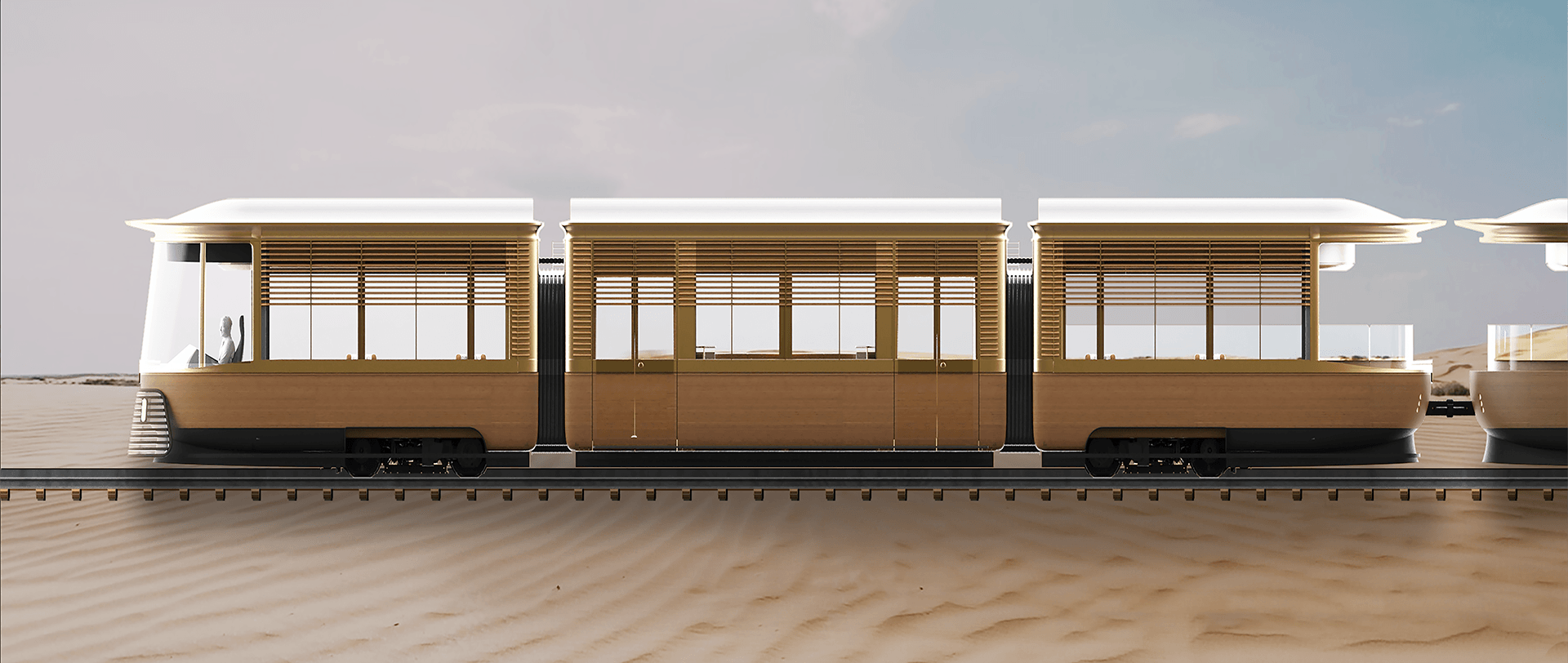
Étienne Tricaud:
The tram route takes over 22 km of the Hijaz Railway line which linked Damascus to Medina (1800 km) at the beginning of the 20th century, and crossed the AlUla site from North to South.
The 22-kilometer route (17 stations) can be covered in around 40 minutes. This means that it is a train where you can settle in, profit from a moment of rest, contemplation, and conviviality. Concerning the passenger experience, the tram will offer several types of seating areas. The “sight-seeing” experience, completely open (like on the old Parisian platform buses), will immerse the traveler in the great outdoor landscape. As for the enclosed, windowed areas, they are protected by exterior shutters which prevent direct sunlight, while still allowing the view to be admired.



WHAT DID YOU DO
TO HIGHLIGHT
THE EXCEPTIONAL SETTING THAT THE TRAM WILL PASS THROUGH?
WHAT DID YOU DO TO HIGHLIGHT
THE EXCEPTIONAL SETTING
THAT THE TRAM WILL PASS THROUGH?
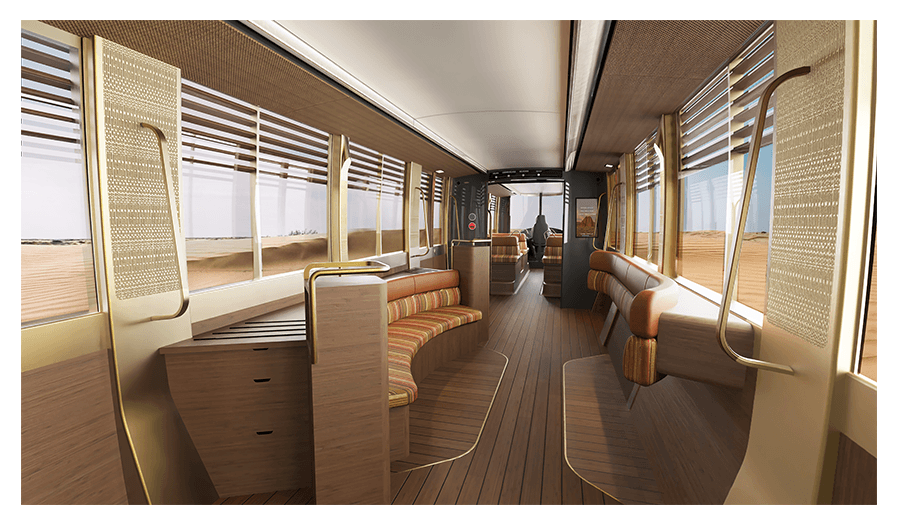
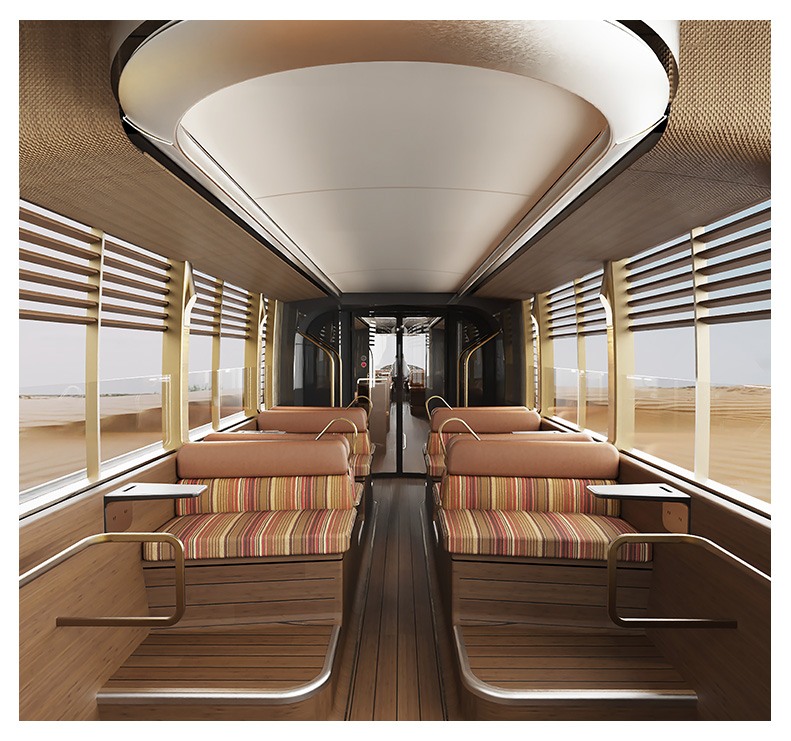
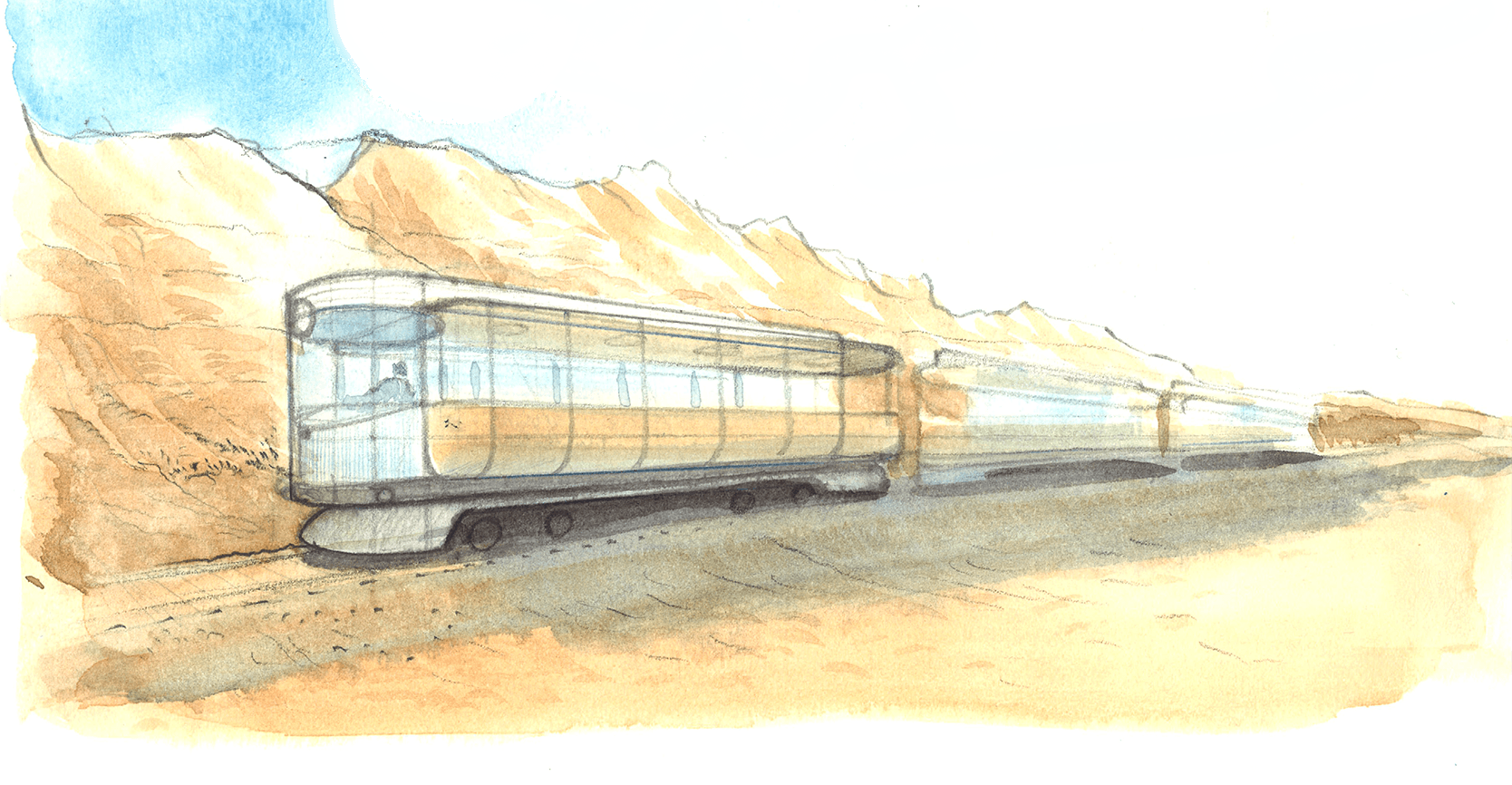
Étienne Tricaud:
The project to build a tram in AlUla was first conceived of at the end of 2019. The CEO of the RCU wanted to include in the presentation of the AlUla masterplan to Mohammed bin Salman - which would become the "Journey Through Time" - an "experience tram" aiming to serve the main tourist sites
(Old Town, Dadan, Jabal Ikmah, Hegra) and function as an attractive means of transport for visitors in and of itself.
Patrick Jouin:
The initial project specifications were succinct: set up a preferred means of transport, in the heart of the oasis, for visitors and locals, and offer a safe, efficient, comfortable and well-equipped mode of travel, adding a certain extra element of “soul”, through its image and the quality of its design.
Étienne Tricaud:
The project to build a tram in AlUla was first conceived of at the end of 2019. The CEO of
the RCU wanted to include in the presentation of the AlUla masterplan to Mohammed bin Salman - which would become the "Journey Through Time" - an "experience tram" aiming to serve
the main tourist sites (Old Town, Dadan, Jabal Ikmah, Hegra) and function as an attractive means of transport for visitors in and of itself.
Patrick Jouin:
The initial project specifications were succinct: set up a preferred means of transport, in the heart of the oasis, for visitors and locals, and offer a safe, efficient, comfortable and well-equipped mode of travel, adding a certain extra element of “soul”, through its image and the quality of its design.



HOW DID
THE PROJECT
COME ABOUT,
AND WHAT WERE
THE SPECIFICATIONS ?
HOW DID
THE PROJECT
COME ABOUT, AND
WHAT WERE THE SPECIFICATIONS ?

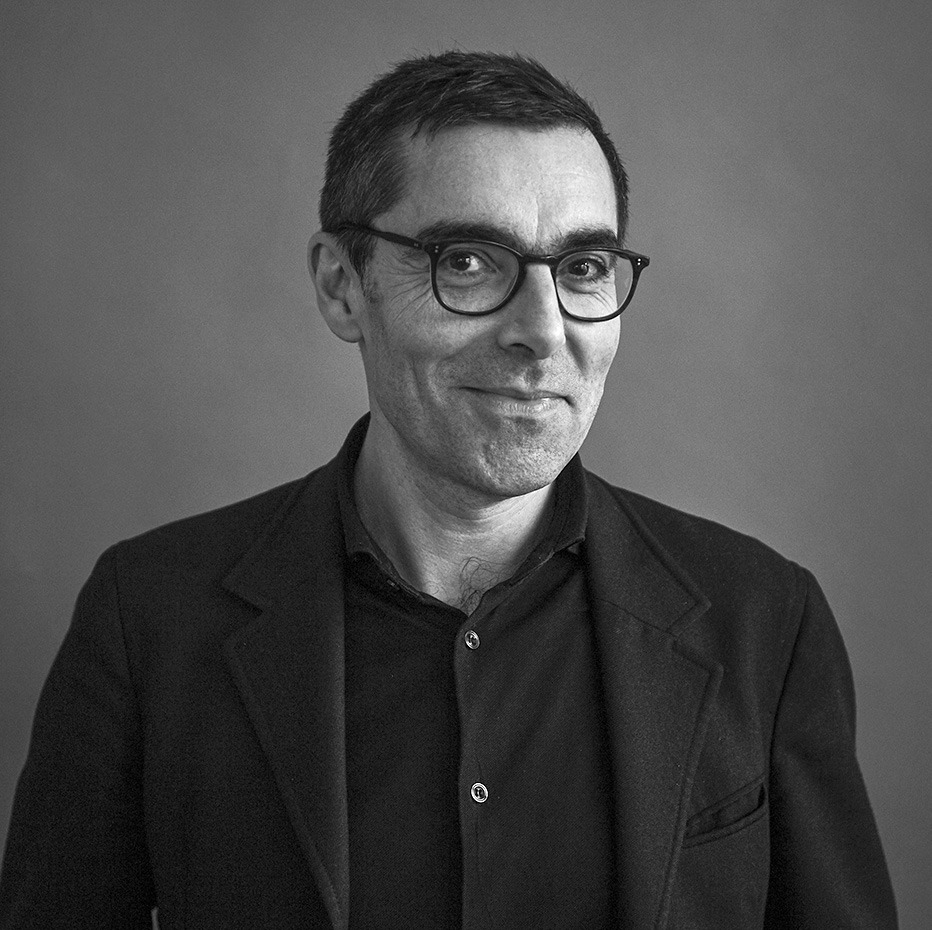

Designer


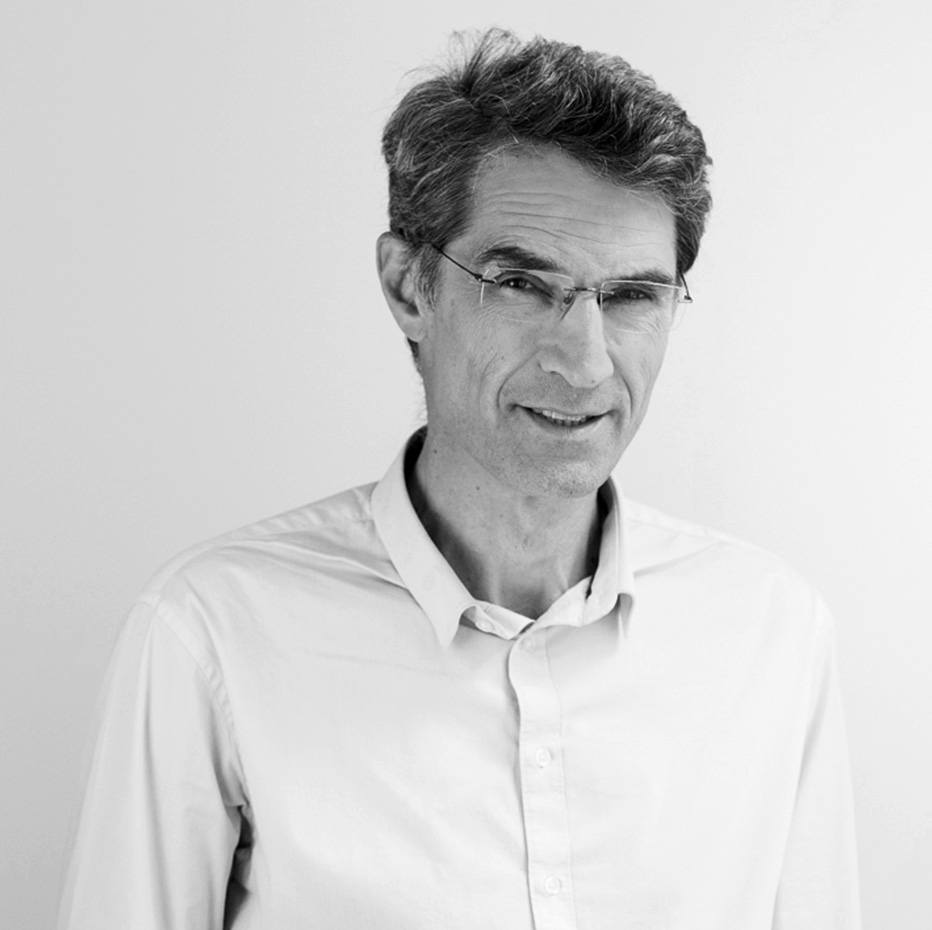

Director of the AFALULA Architecture & Urban Development division


Interview with
the co-designers of the tram:


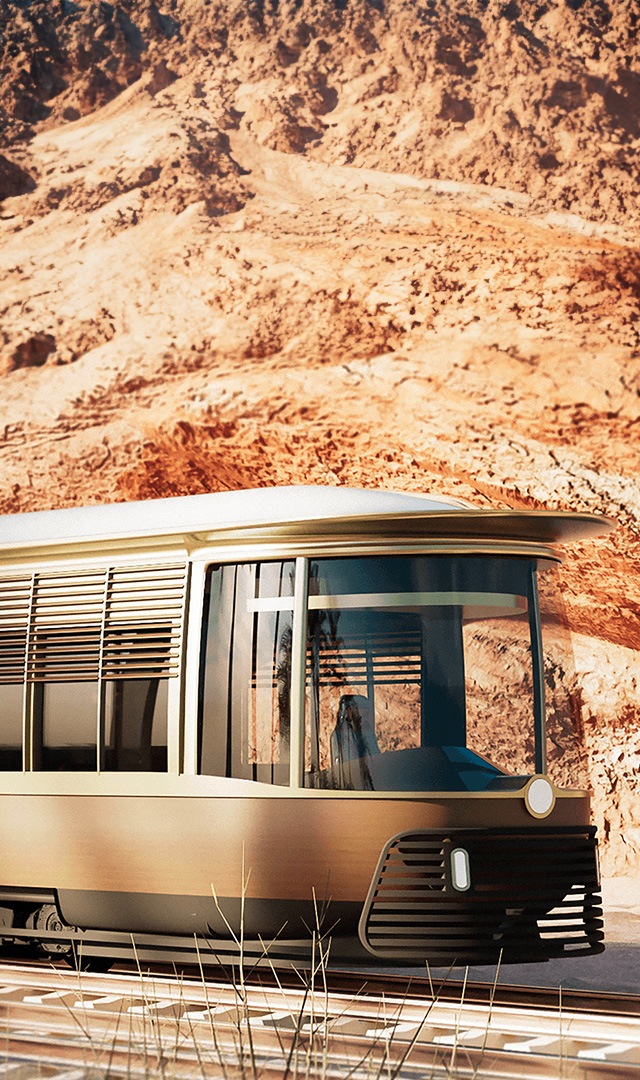
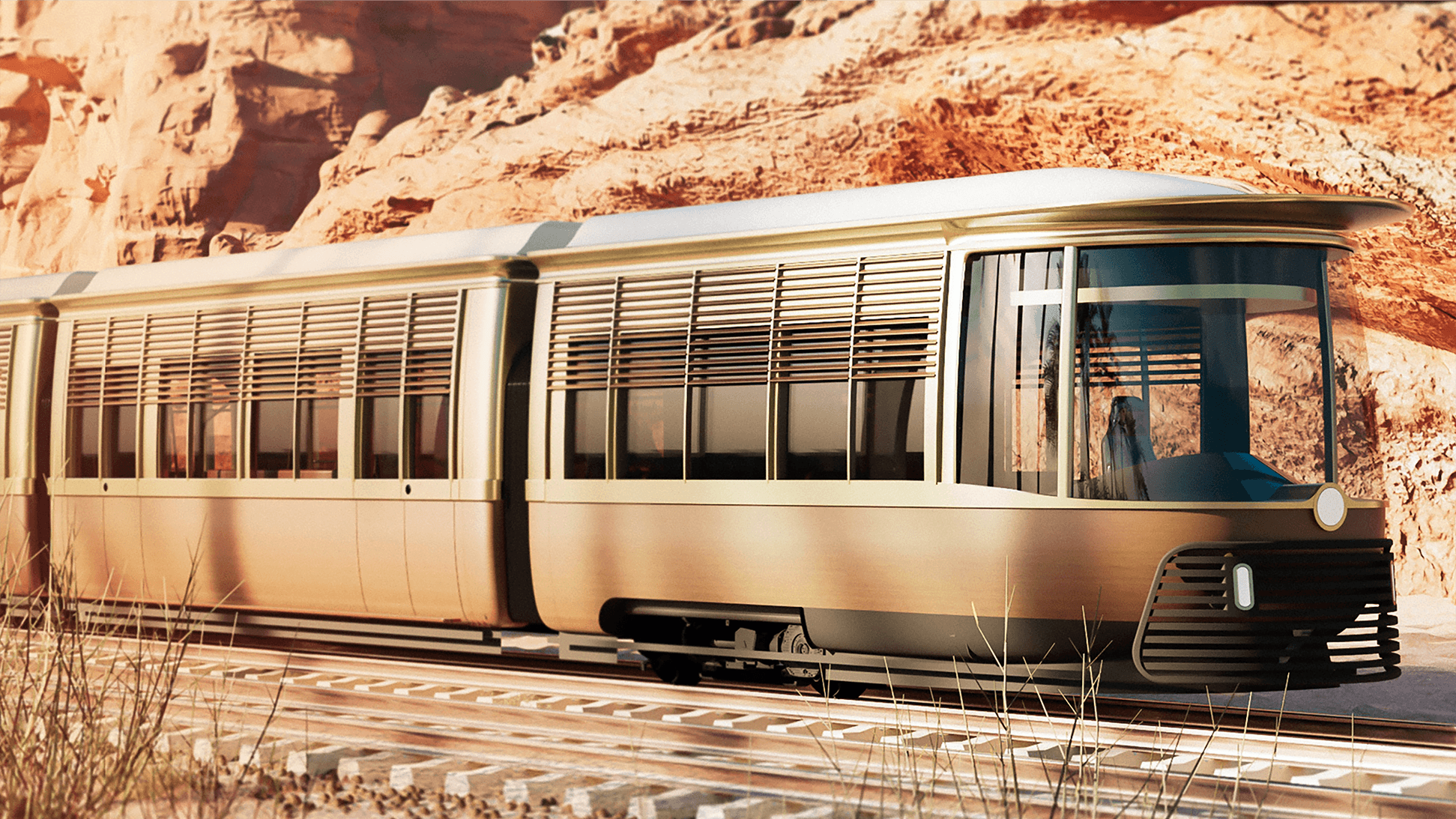


Account
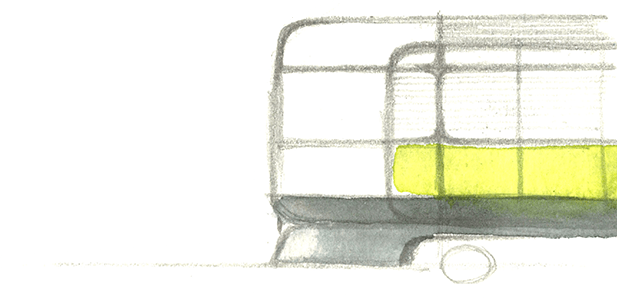
LEARN MORE


ALULA AND ALSTOM,
AN ENDURING PARTNERSHIP
ALULA AND ALSTOM,
AN ENDURING PARTNERSHIP



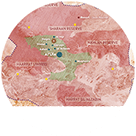



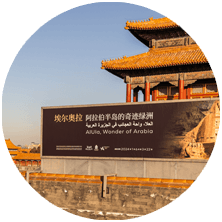

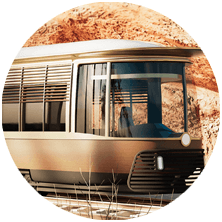

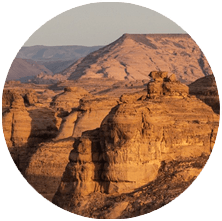

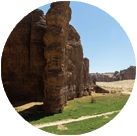




GO TO AFALULA.COM
READ THE OTHER ISSUES
Subscribe to the newsletter




